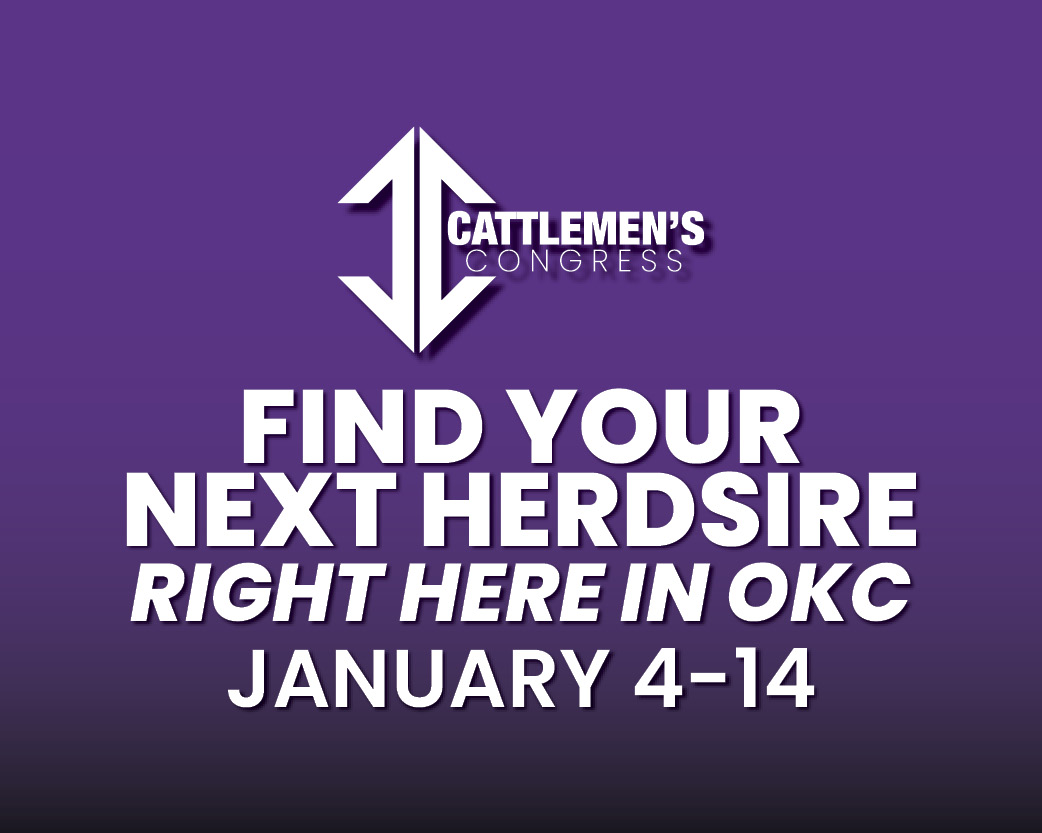
Agricultural News
Jayson Lusk Explores the "Carbon Costs" of Eating Meat
Tue, 19 Apr 2016 10:16:18 CDT
 Dr. Jayson Lusk currently serves as Regents Professor and Willard Sparks Endowed Chair in the Department of Agricultural Economics at Oklahoma State University and also serves as the Samuel Roberts Noble Distinguished Fellow at the Oklahoma Council of Public Affairs. According to the personal website that Dr. Lusk uses as a platform for his opinion pieces, "I am a food and agricultural economist who studies what we eat and why we eat it. Since 2000, I've published more than 160 articles in peer-reviewed scientific journals on a wide assortment of topics ranging from the economics of animal welfare to consumer preferences for genetically modified food to the impacts of new technologies and policies on livestock and meat markets to analyzing the merits of new survey and experimental approaches eliciting consumer preferences."
Dr. Jayson Lusk currently serves as Regents Professor and Willard Sparks Endowed Chair in the Department of Agricultural Economics at Oklahoma State University and also serves as the Samuel Roberts Noble Distinguished Fellow at the Oklahoma Council of Public Affairs. According to the personal website that Dr. Lusk uses as a platform for his opinion pieces, "I am a food and agricultural economist who studies what we eat and why we eat it. Since 2000, I've published more than 160 articles in peer-reviewed scientific journals on a wide assortment of topics ranging from the economics of animal welfare to consumer preferences for genetically modified food to the impacts of new technologies and policies on livestock and meat markets to analyzing the merits of new survey and experimental approaches eliciting consumer preferences."
Here is a recent posting from the website, JaysonLusk.Com, on the continuing battle on the environmental impact of humans eating meat.
"Last week, Scientific American published a piece on how to get people to eat less meat. Apparently, the science is settled and we now only need to come up with the right "messages."
"There are an awful lot of apocalyptic pronouncements about the adverse effects of meat eating on the environment. In a widely viewed TED talk, Mark Bittman likens meat production to a nuclear explosion and says it is leading to a "holocaust of a different kind," pointing directly to impacts on climate change. As another example, Bill Maher, comedian and host of an HBO talk show, has written, "But when it comes to bad for the environment, nothing literally compares with eating meat. . . . If you care about the planet, it's actually better to eat a salad in a Hummer than a cheeseburger in a Prius." I could, quite literally, provide dozens of these sorts of quotes from well known journals, writers, actors, etc, but I think you get the point. The overall message is pretty clear: we should become increasingly more vegetarian.
"Let's take a look at one of the outcomes people are most worried about and where externality is relatively clear: climate change. I went to the EPA's calculations, and surmise the following carbon equivalent impacts for the US attributable to beef cattle, swine, and poultry production during the year 2014 (MMT is million metric tons):
beef cattle: 116.7 MMT C02 (from digestion) + 4 MMT C02 (from waste management) = 119.7 MMT C02;
swine: 1 MMT C02 (from digestion) + 22.4 MMT C02 (from waste management) = 23.4 MMT C02; and
poultry: 0 MMT C02 (from digestion) + 3.2 MMT C02 (from waste management) = 3.2 MMT C02.
"Elsewhere, the EPA suggests using using a social cost of carbon of $36/metric ton of C02 (assuming a discount rate of 3%) for cost benefit analysis and rule making. Multiplying the C02 impacts above by the price tag of $36 implies the following total carbon costs in 2014.
beef cattle: $4.3 billion;
swine: $842 million; and
poultry: $115 million.
"That seems like a lot, but keep in mind that we also eat a lot of meat. Data from the USDA suggests that in 2014, farmers/ranchers in the US produced 24.32 billion pounds of beef, 22.86 billion lbs of pork, and 44.98 billion lbs of poultry. Putting the carbon costs on a per-pound basis (i.e., dividing total carbon cost by pounds produced), suggests the following.
beef: $0.177/lb;
pork: $0.037/lb; and
poultry: $0.002/lb.
"I don't know about you, but those don't seem like enormous costs. Let's think about it a different way. Suppose you wanted to "internalize" the the impacts you're having on climate change by altering how much beef, pork, and poultry you buy. To do this, take the price you see at the grocery store and add about $0.18/lb to the price of beef, $0.04/lb to the price of pork, and less than a penny to the price of poultry, and act as if these were the prices actually being charged. Would you change your behavior much based on such price increase? If not, we'd could say the climate impacts are relatively small.
"The key isn't to have zero greenhouse gas impacts, but rather to to make sure you're taking into account the cost of those impacts. For the case of beef, that means acting as if the price were about $0.17/lb higher. Do that and you can shop away, guilt free (well, at least the guilt of carbon impacts)."
WebReadyTM Powered by WireReady® NSI
Top Agricultural News
More Headlines...





